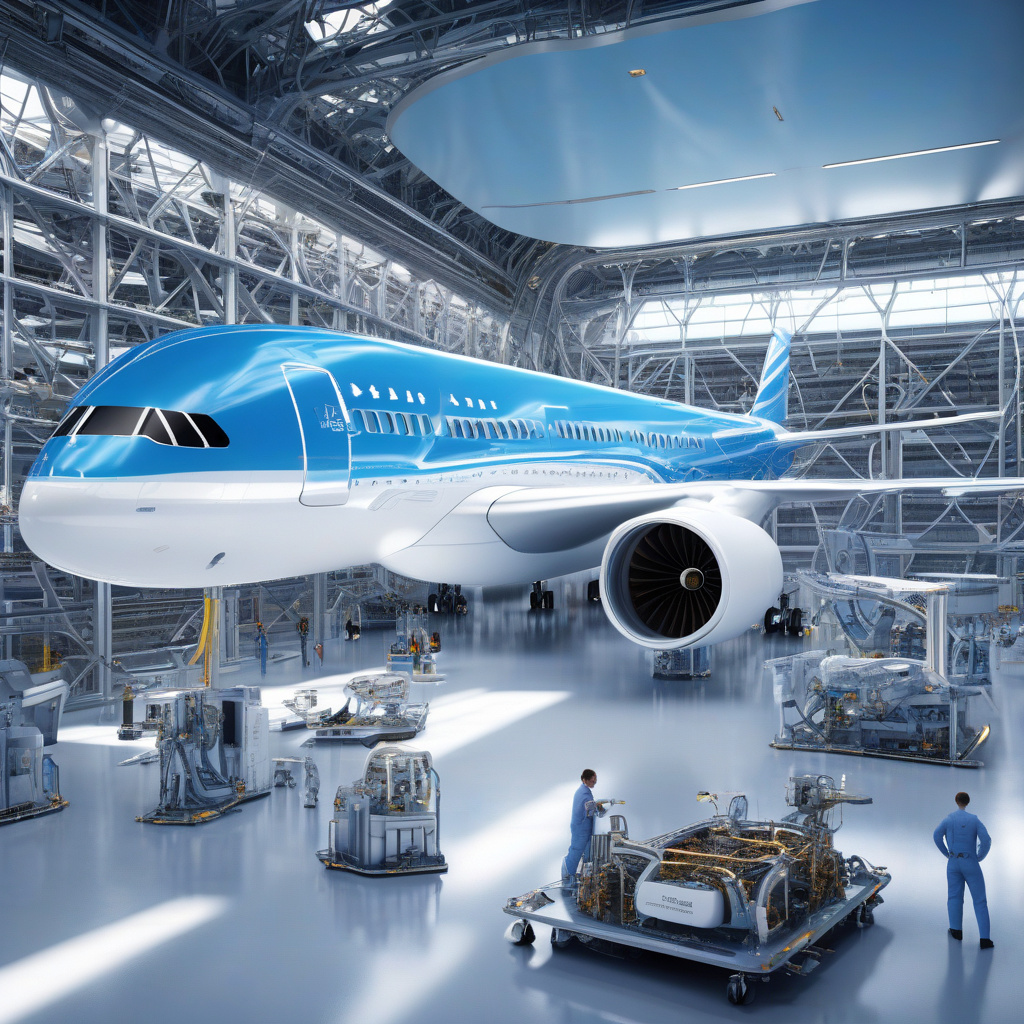Airbus, Toshiba Tap New Superconducting Motor for Hydrogen-Powered Flights
Toshiba and Airbus have initiated a joint research agreement to study the application of superconducting technology in aircraft propulsion systems. This collaboration marks a significant milestone in the aviation industry’s quest for more sustainable and efficient air travel.
The focus of this partnership is the development of a superconducting motor that can power hydrogen-fueled aircraft. By harnessing the unique properties of superconducting materials, such as zero electrical resistance and the ability to carry high current densities, Toshiba and Airbus aim to create a propulsion system that is lighter, more powerful, and more energy-efficient than conventional alternatives.
One of the key advantages of superconducting technology is its potential to significantly reduce the weight of the propulsion system. This weight savings can translate into lower fuel consumption and emissions, making hydrogen-powered flights a more environmentally friendly option for the future of aviation.
In addition to being more energy-efficient, superconducting motors also have the potential to be more compact and reliable than traditional electric motors. This could result in lower maintenance costs and increased aircraft availability, further enhancing the economic viability of hydrogen-powered flight.
The use of hydrogen as a fuel for aviation is gaining traction as the industry seeks to reduce its carbon footprint and mitigate the impact of air travel on climate change. Hydrogen is a clean energy source that, when produced using renewable methods, has the potential to significantly lower emissions compared to traditional fossil fuels.
By combining hydrogen propulsion with superconducting technology, Toshiba and Airbus are at the forefront of innovation in the aerospace sector. If successful, this research collaboration could pave the way for the widespread adoption of hydrogen-powered aircraft and help to usher in a new era of sustainable aviation.
As the demand for air travel continues to grow, finding ways to make flying more sustainable is becoming increasingly important. Initiatives like the partnership between Toshiba and Airbus demonstrate that the industry is committed to exploring new technologies and solutions to address the environmental challenges associated with aviation.
In conclusion, the collaboration between Toshiba and Airbus to develop a superconducting motor for hydrogen-powered flights holds great promise for the future of air travel. By leveraging the unique capabilities of superconducting technology, the two companies are working towards a more sustainable and efficient aviation industry. This groundbreaking research has the potential to revolutionize aircraft propulsion systems and contribute to a greener and cleaner future for the planet.
#Airbus, #Toshiba, #SuperconductingTechnology, #HydrogenPoweredFlights, #SustainableAviation












